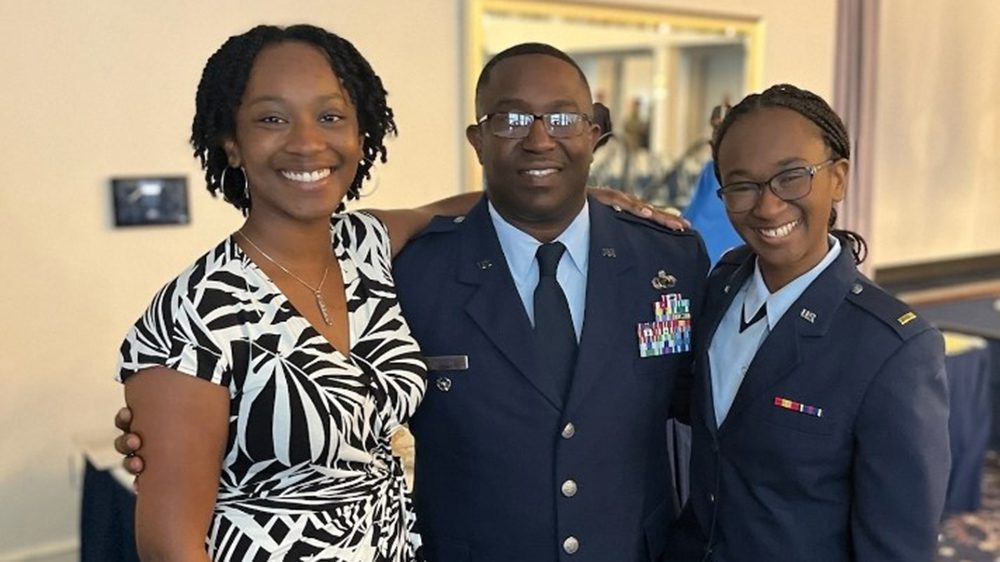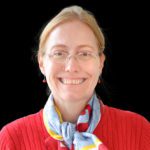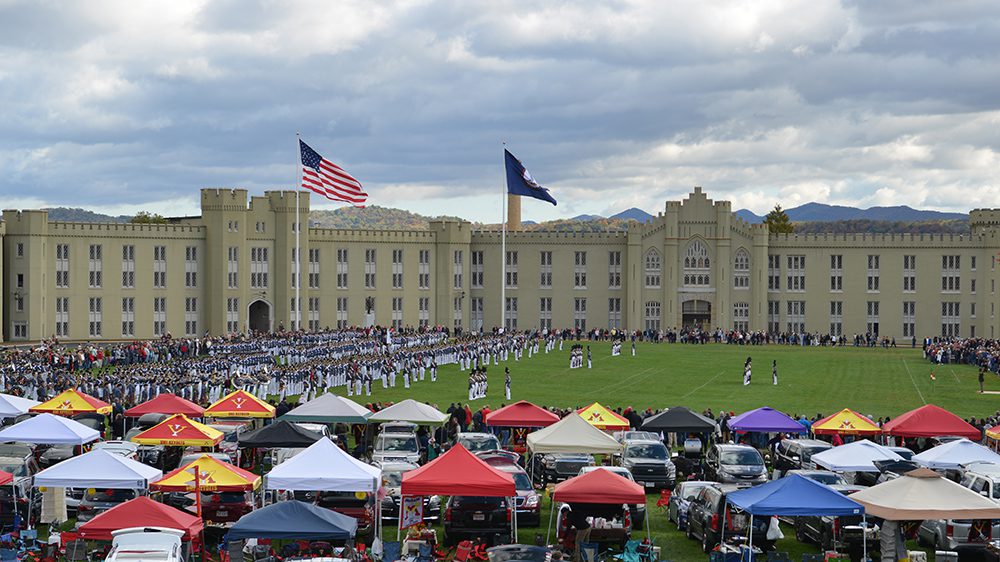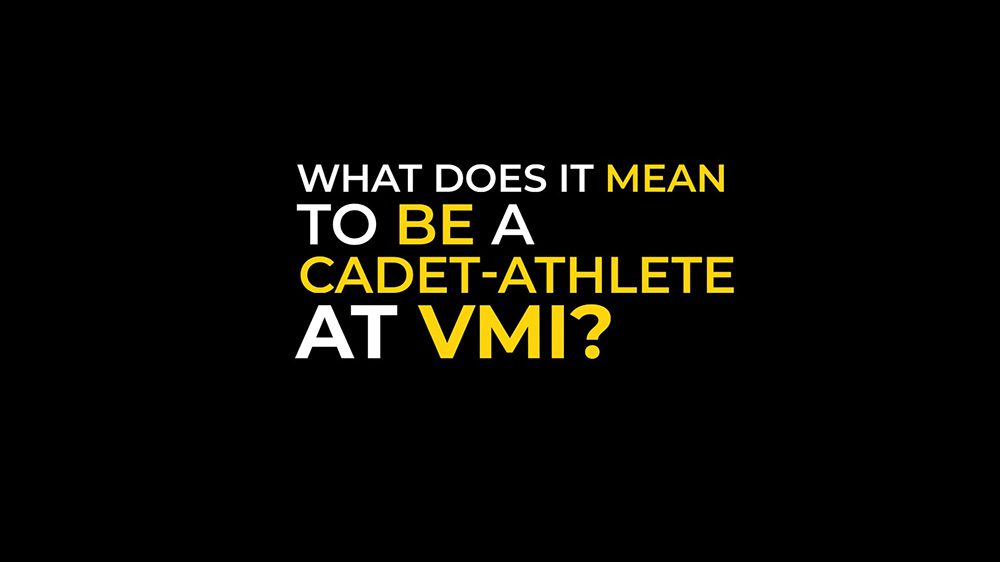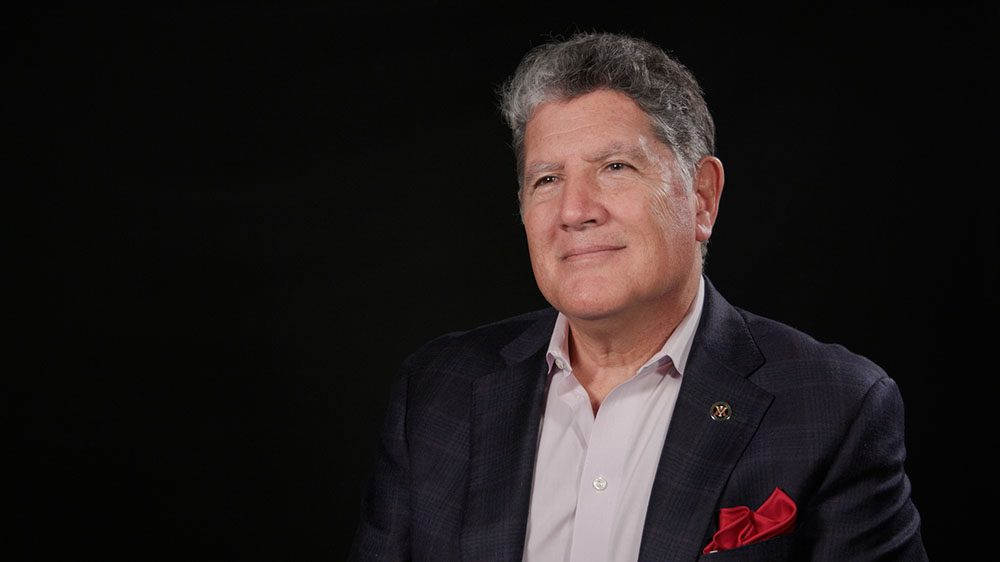After two summers at COW, matriculating at VMI felt natural for Wilborne—but he only agreed to do so after Williams assured him that commissioning into the military at graduation was no longer a requirement. Financially, Wilborne relied on a mix of grants and loans to pay for his education, as he didn’t qualify for either an NCAA or ROTC scholarship. In the process of applying for financial aid, Wilborne discovered just how little income his great-grandmother really had: $600 per month.
It took 13 years for Wilborne to repay the loans, but he has zero regrets. “It was all for a reason,” he commented. “I would never trade it for my experiences. Starting with the COW program and then going into VMI—I would never trade it.”
Over the course of his cadetship, Wilborne gradually warmed to the idea of commissioning into the military, but he still wanted to put his degree in economics and business to use and eventually earn a Master of Business Administration degree. Williams introduced Wilborne to alumni who were serving in the military and told him that if he wanted to earn an MBA, the military would pay for it as long as he served for at least four years.
At graduation, Wilborne commissioned into the Air Force, intending to stay four years only. He’d never envisioned a military career lasting a quarter century, but that’s exactly what happened—and he earned two MBAs along the way. As a contract negotiator working with the U.S. government, Wilborne put his degrees to use each day.
“The work is exciting. The mission is exciting,” he noted. And like COW, the military provides plenty of challenges, even for those in non-combat jobs. Having learned to step outside of his comfort zone at COW, Wilborne wasn’t fazed by the constant relocations that military life demands. Over the past 26 years, he and his wife, Jacqueline, and their daughters Mia and Nadia have lived all over the globe, from Oklahoma to Hawaii to Turkey and Germany. He even did a stint as an Air Force ROTC instructor at VMI from 2002–04.
This fall, Wilborne is getting ready to start a position with the National Reconnaissance Office, a Department of Defense agency that supports satellite intelligence gathering by the federal government. He’s also a proud father, eager to share the accomplishments of Mia, a U.S. Air Force second lieutenant who’s now attending dental school at Howard University, and Nadia, a sophomore at George Mason University.
Caleb Minus ’20, who grew up in New Jersey, Maryland, and Florida, learned about COW via a connection with Andre Thornton ’98, who was then taking part in a mentorship program for minority males. Thornton steered Minus toward COW, but it was an easy sell, as Minus had long considered a military career.
The 17-hour days of COW didn’t faze Minus at all. “I was definitely more mentally tired than I would have anticipated,” he recalled. “But it was great. You’re around a group of guys. For the most part, everyone’s had to share a common goal of doing well and improving themselves. …. So I was, you know, trying to soak up the experience and all the resources, all the academic resources, financial literacy resources, physical development that COW provided.”
Like Wilborne, Minus returned to Lexington for a second summer of COW—and then, the summer before he matriculated to VMI, he was the program’s head counselor. He applied to other schools as backups, but VMI was his top choice, thanks largely to the encouragement he’d received from alumni—including Thornton, Gerald “Jerry” Acuff ’71, and Joseph “Joe” Sokolowski ’91 and his wife, Stephanie.
“The encouragement of that community was what made VMI the number one for me,” Minus stated.
As a cadet, Minus immersed himself in everything the Institute had to offer. He walked onto the NCAA track team, where he was a sprinter, and was a member of the cadre and the Rat Disciplinary Committee. He also played saxophone with the VMI jazz band, The Commanders, and partnered with Lane Kieler ’19 to deejay at hops and dances, including Ring Figure, and was a member of the Promaji Club.
Academics kept him busy as well, and he graduated with a Bachelor of Arts degree in international studies and a minor in leadership studies. Not surprisingly, Minus stresses time management as one of the biggest takeaways from his cadetship.
Two years out from graduation, Minus is working in acquisitions and contract management while serving in the National Guard.
“VMI and COW are based off the same tenets,” he noted. “VMI is a more intense version of COW. … Essentially, it boils down to mental toughness, time management, and leadership. Those are the biggest contributing factors to my success.”
Without COW, Minus realizes, he might not have gone to VMI, and had he not attended the Institute, he’d have missed what he calls the “extra polish” VMI provides. “The difference between 95% accurate and 99% accurate or 100% accurate is significant,” he commented. “Ninety-five percent accurate is not bad, but it’s hard to squeeze the last 5% out. And I think VMI gives you that extra polishing and sharpening.”
For Williams, who has now seen the children and grandchildren of the original participants attend COW, it’s been deeply satisfying to see COW alumni achieve in ways they might not have if it hadn’t been for the program. Teenage boys, he noted, often look like grown men today, and their size can intimidate teachers, who don’t push them hard enough to make them mad. COW counselors have no problem making kids mad—not when it’s to make them realize they aren’t giving their best effort. Life, Williams has noted more than once, will make them mad, so why avoid it now?
“Our hope is to drive fundamental change in these boys, not just while they’re here,” Williams stated. “Down the road, years down the road, we’ll wind up with guys who are stronger, more ethical, and more productive.”
